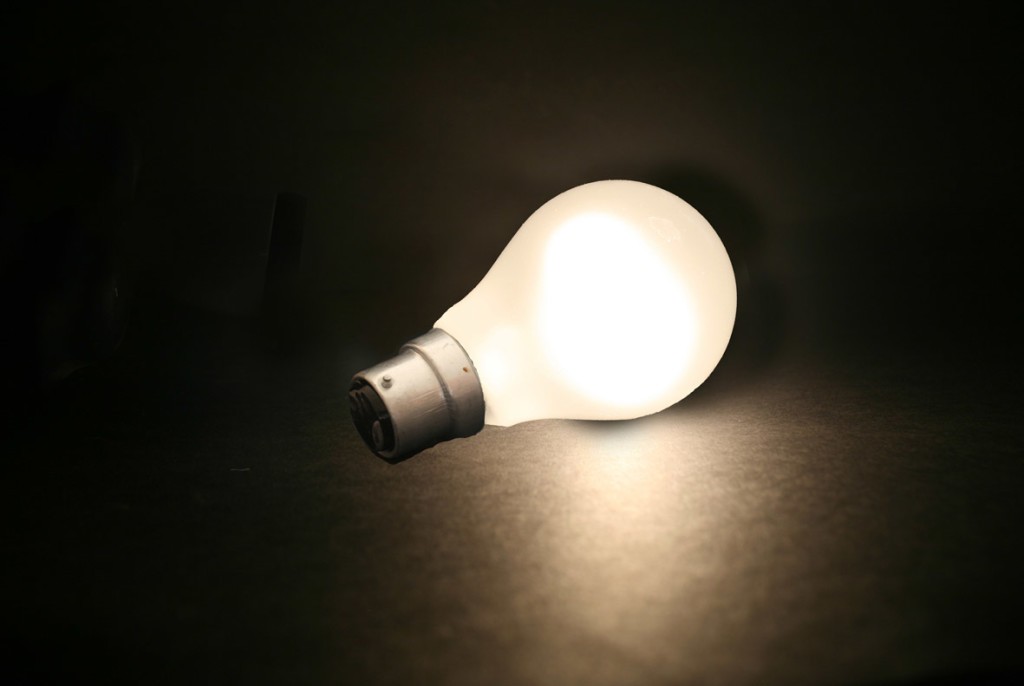LED lights and the environment is a huge topic of discussion when considering switching to LED lights. While cost savings may be the main benefit that is mentioned when people discuss switching from traditional lighting options to LED lights, there is no denying the environmental benefits of LED lights are equally noteworthy and important. LED lights consume significantly less energy than other lighting sources and have a much smaller impact on the environment over their lifespan.

LED lights and the environment
LED lights are often marketed as “green technology,” but it is sometimes unclear what that means for the environment and for the consumer. LED lights use light emitting diodes to produce light much more efficiently than other lighting options. As the electrical current passes through the semiconductor material within the bulb, it illuminates the small light sources or the LEDs. Because LED lights are more efficient than most other light sources, they consume significantly less energy while producing the same amount of light. LED lights are also made without hazardous materials like mercury (which is used in CFLs). Plus, LEDs have a longer lifespan and therefore require less disposal than other types of lights.
LED lights and CO2 emission reduction
As mentioned above, LED lights normally use significantly less power to produce light than traditional lighting options like halogen and fluorescent bulbs. Because they use less energy, the Kw/hr usage of an LED light per year is less than other lighting sources. It may seem like one LED light bulb can’t make that much of a difference. However, each step in reducing CO2 emissions helps and if each person changed only three bulbs in their home, the energy savings in the United States would be significant.
Disposing of LED lights
Because LED lights do not contain any hazardous components, they do not need to be taken to a hazardous waste site. LEDs are made of electrical components like semiconductors, diodes, and PCBs. They, therefore, shouldn’t be thrown in the trash but instead can be disposed of like any other electronic from your home. LEDs lights are collected along with other electronics and disposed of separately from household waste.
